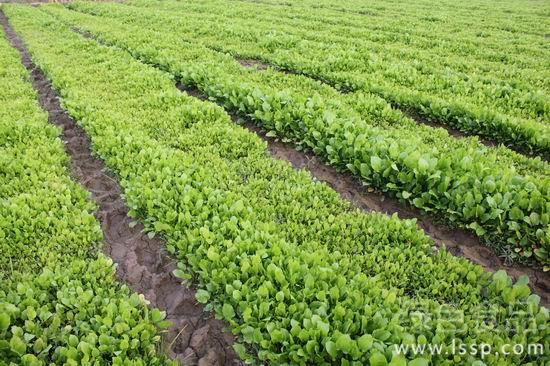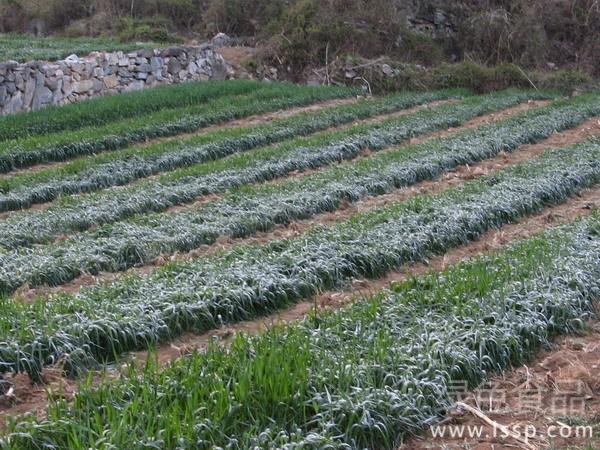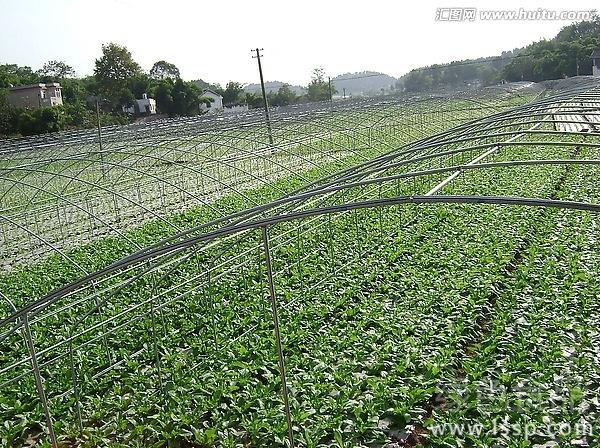Guidelines for the use of pesticides to promote the balanced cultivation of traditional Chinese Medicinal Materials

Chinese herbal medicine
According to the requirements of the quality Management Standard for the production of traditional Chinese Medicinal Materials (GAP), the prevention and control of diseases, insects and rodents of traditional Chinese medicinal materials should be based on the principle of "simultaneous prevention and control". The comprehensive control measures of agricultural, biological, physical and mechanical control with little or no application of chemical pesticides should be used. When pesticides are needed, pesticides or native pesticides with low toxicity, high efficiency and short residue period should be used to avoid pollution to commercial Chinese medicinal materials. The use of "chemical pesticides prohibited in the production of traditional Chinese medicine bases" is strictly prohibited to prevent harmful substances from polluting medicinal materials and the environment. The purpose of prevention and control is to protect the normal development of traditional Chinese medicine, enhance the resistance of traditional Chinese medicine, and promote ecological balance.
If pesticides are to be used in the prevention and control of diseases and insect pests of Chinese medicinal materials, the following principles should be followed:
(1) the use of pesticides that are highly toxic, highly toxic, highly residual or carcinogenic, teratogenic or mutagenic are strictly prohibited.
(2) popularize the use of botanical pesticides, microbial pesticides and biomimetic synthetic pesticides that are non-toxic to human beings and animals, no pollution to the environment and no residue to products.
(3) disinfectants should be used alternately. After each agent is sprayed for 2-3 times, another agent should be used to prevent the virus from producing drug resistance.
(4) spraying according to the safety interval of pesticides commonly used in the cultivation of traditional Chinese medicine, commercial medicinal materials cannot be collected during the application period, such as 50% carbendazim safety interval 7-10 days; 70% methyl topiramate safety interval 10 days; 50% phoxim safety interval 10 days.
(5) promote the use of diphacinone sodium salt to kill rodents, and strictly prohibit the use of highly toxic drugs such as fluoroacetamide and sodium fluoroacetate to kill rodents.
(6) it is strictly forbidden to use chemical herbicides to control weeds in traditional Chinese medicine planting areas so as to avoid drug damage and environmental pollution.
- Prev

Cold air invasion harm how to prevent crop frost
Cold air invasion harm how to prevent crop frost
- Next

Harm of continuous overcast and rainy weather to vegetables in greenhouse and its control countermeasures
Harm of continuous overcast and rainy weather to vegetables in greenhouse and its control countermeasures
Related
- Fuxing push coffee new agricultural production and marketing class: lack of small-scale processing plants
- Jujube rice field leisure farm deep ploughing Yilan for five years to create a space for organic food and play
- Nongyu Farm-A trial of organic papaya for brave women with advanced technology
- Four points for attention in the prevention and control of diseases and insect pests of edible fungi
- How to add nutrient solution to Edible Fungi
- Is there any good way to control edible fungus mites?
- Open Inoculation Technology of Edible Fungi
- Is there any clever way to use fertilizer for edible fungus in winter?
- What agents are used to kill the pathogens of edible fungi in the mushroom shed?
- Rapid drying of Edible Fungi

